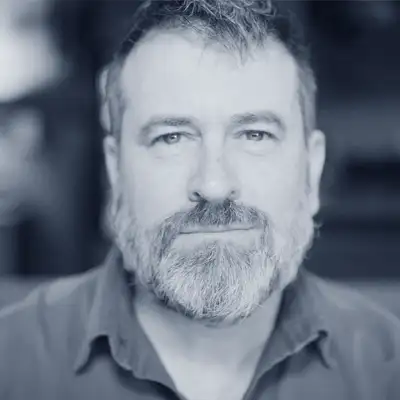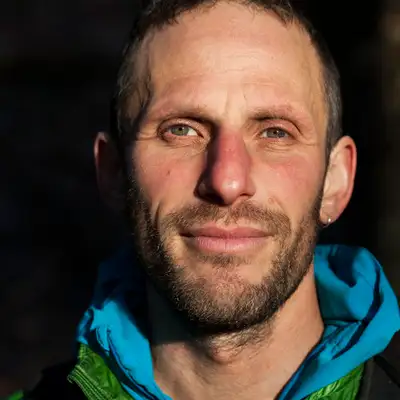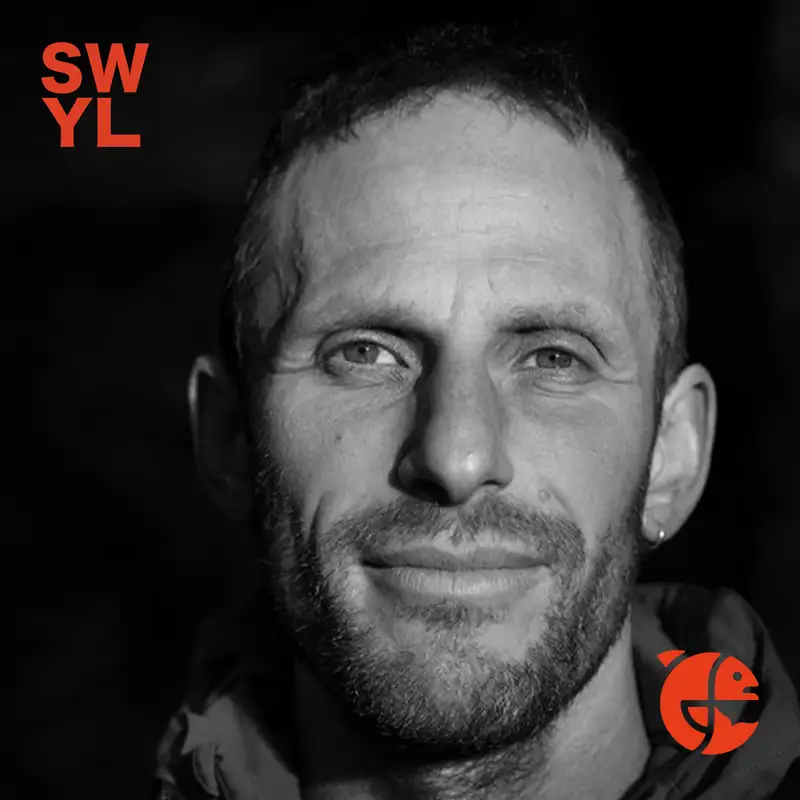#56 David Moskowitz - Wildlife Photographer + Tracker
David Moskowitz works in the fields of photography, wildlife biology and education. He is the photographer and author of three books: Caribou Rainforest, Wildlife of the Pacific Northwest and Wolves in the Land of Salmon, co-author and photographer of Peterson’s Field Guide to North American Bird Nests and photographer of Big River: Resilience and Renewal in the Columbia Basin. He has contributed his technical expertise to a wide variety of wildlife studies regionally and in the Canadian and U.S. Rocky mountains, focusing on using tracking and other non-invasive methods to study wildlife ecology and promote conservation. He helped establish the Cascades Wolverine Project, a grassroots effort to support wolverine recovery in the North Cascades using field science, visual storytelling, and building backcountry community science.
Visual media of David's has appeared in numerous outlets including the New York Times, NBC, Sierra, The National Post, Outside Magazine, Science Magazine, Natural History Magazine, and High Country News. It has also been used for conservation campaigns by organizations including National Wildlife Foundation, the Endangered Species Coalition, Wildlands Network, Nature Conservancy of Canada, Yellowstone to Yukon Conservation Initiative, Conservation Northwest, Oregon Wild, Wildsight, Selkirks Conservation Alliance, and Canadian Parks and Wilderness Society.
David holds a bachelor’s degree in Environmental Studies and Outdoor Education from Prescott College. David is certified as a Track and Sign Specialist, Trailing Specialist, and Senior Tracker through Cybertracker Conservation and is an Evaluator for this rigorous international professional certification program.
Mark and David dig into wildlife photography, the use of field science and visual story telling together as a tool, trailing, tracking, building backcountry community science, the Columbia River and its relevance to salmon and all the people in the landscapes throughout and much more.
To see Davids work, you can find him at -
Website: https://davidmoskowitz.net
To see Davids work, you can find him at -
Website: https://davidmoskowitz.net
Instagram: moskowitz_david
Facebook: https://www.facebook.com/davidmoskowitztrackingphotography
Publisher: https://www.mountaineers.org/books
Publisher: https://www.mountaineers.org/books
Save What You Love with Mark Titus:
Produced: Emilie Firn
Edited: Patrick Troll
Music: Whiskey Class
Instagram: @savewhatyoulovepodcast
Website: savewhatyoulove.evaswild.com
Support wild salmon at evaswild.com
Creators and Guests

Host
Mark Titus
Mark Titus is the creator of Eva’s Wild and director of the award winning films, The Breach and The Wild. He’s currently working on a third film in his salmon trilogy, The Turn. In early 2021, Mark launched his podcast, Save What You Love, interviewing exceptional people devoting their lives in ways big and small to the protection of things they love. Through his storytelling, Mark Titus carries the message that humanity has an inherent need for wilderness and to fulfill that need we have a calling to protect wild places and wild things.

Guest
David Moskowitz
David Moskowitz works in the fields of photography, wildlife biology and education. He is the photographer and author of three books: Caribou Rainforest, Wildlife of the Pacific Northwest and Wolves in the Land of Salmon, co-author and photographer of Peterson’s Field Guide to North American Bird Nests and photographer of Big River: Resilience and Renewal in the Columbia Basin. He has contributed his technical expertise to a wide variety of wildlife studies regionally and in the Canadian and U.S. Rocky mountains, focusing on using tracking and other non-invasive methods to study wildlife ecology and promote conservation. He helped establish the Cascades Wolverine Project, a grassroots effort to support wolverine recovery in the North Cascades using field science, visual storytelling, and building backcountry community science. Visual media of David's has appeared in numerous outlets including the New York Times, NBC, Sierra, The National Post, Outside Magazine, Science Magazine, Natural History Magazine, and High Country News. It has also been used for conservation campaigns by organizations including National Wildlife Foundation, the Endangered Species Coalition, Wildlands Network, Nature Conservancy of Canada, Yellowstone to Yukon Conservation Initiative, Conservation Northwest, Oregon Wild, Wildsight, Selkirks Conservation Alliance, and Canadian Parks and Wilderness Society.

